Chestnuts are an incredibly nutritious and healthy food, beloved by the Japanese for their skin-nourishing properties and commonly mixed with rice. Let’s explore the unique benefits of this delicious dish.
1. The Benefits of Eating Rice Mixed with Chestnuts
Scientific research has revealed that chestnuts are rich in , , and . These compounds play a crucial role in forming blood cells, producing connective tissue and blood clotting, breaking down carbohydrates and fats into energy, slowing down the aging process, and promoting a radiant, supple complexion.
By regularly incorporating chestnuts into your rice, you’ll notice a visible improvement in your skin’s elasticity and glow.
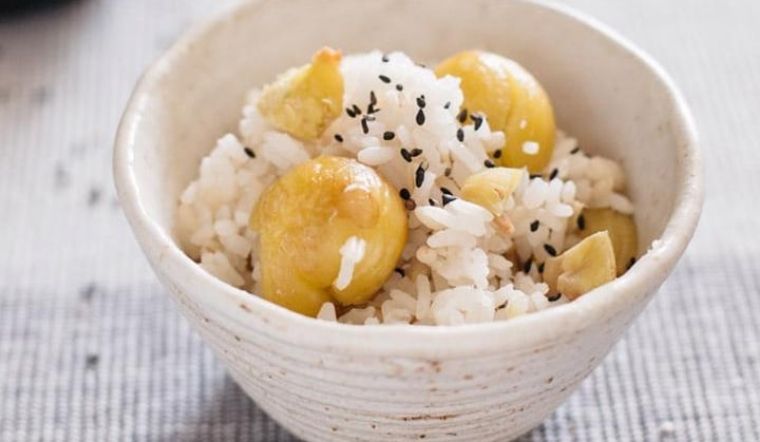 Benefits of Eating Rice Mixed with Chestnuts
Benefits of Eating Rice Mixed with Chestnuts
Additionally, according to Mr. Bui Hong Minh, former Chairman of the Ba Dinh District Oriental Medicine Association in Hanoi, chestnuts have a warming effect, a sweet taste, and are known to tonify the kidneys, strengthen the tendons and bones, aid digestion, nourish the stomach, and promote hemostasis.
Chestnuts also contain the mineral copper, which is essential for maintaining strong bones and contributes to the formation of blood cells and the stabilization of nerve function.
Thus, chestnuts offer a plethora of benefits not only for the skin but also for overall health and well-being.
2. Precautions When Eating Chestnuts
Avoid Excessive Consumption
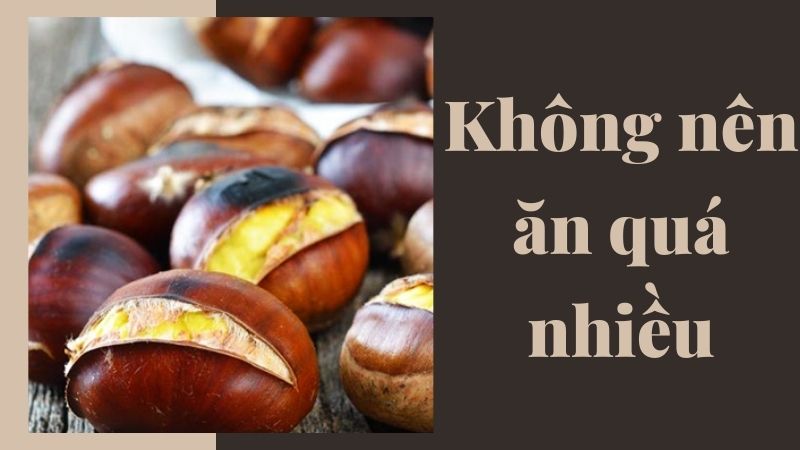 Avoid Eating Too Many Chestnuts
Avoid Eating Too Many Chestnuts
While chestnuts are delicious and highly nutritious, traditional medicine expert Bui Hong Minh cautions against their indiscriminate consumption. In particular, overeating chestnuts in one sitting can lead to internal heat.
Nutritionists recommend that a healthy adult consume no more than 10 chestnuts per day.
Timing is Key
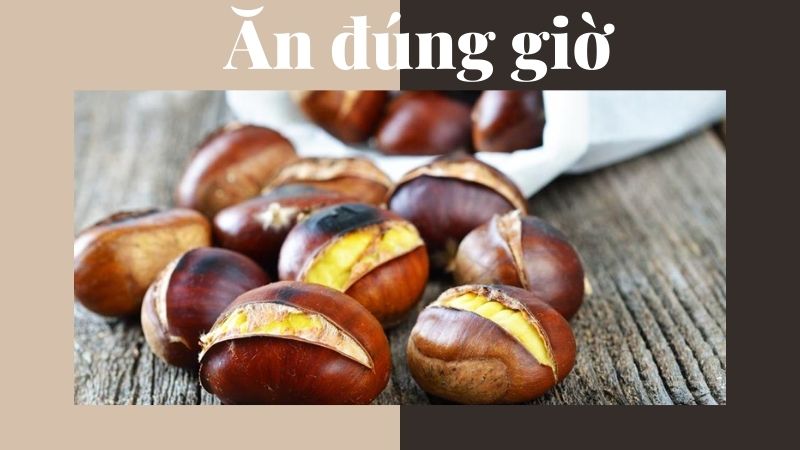 Eat Chestnuts at the Right Time
Eat Chestnuts at the Right Time
The ideal times to enjoy chestnuts are at 9 AM or 3 PM. As chestnuts are high in carbohydrates, consuming them immediately after a main meal can hinder digestion.
Moreover, eating chestnuts in the evening increases the risk of weight gain and obesity. Therefore, it’s crucial to be mindful of the timing and consume chestnuts in moderation.
Inspect Chestnuts Before Consumption to Avoid Moldy Ones
 Carefully Select Chestnuts to Avoid Mold
Carefully Select Chestnuts to Avoid Mold
According to Professor Tran Dang, former Director of the Food Hygiene and Safety Department, chestnuts have a high risk of mold due to their classification as a dry fruit. If consumed, moldy chestnuts can lead to aflatoxin poisoning and liver cancer.
Professor Dang emphasizes the importance of carefully examining chestnuts before purchase or consumption. If the inner color appears altered, discard them immediately. Similarly, if the chestnuts lack their characteristic buttery flavor, it’s best to dispose of them as this indicates poor quality and potential mold.
To properly store chestnuts and prevent mold, keep them in an airtight container at room temperature for up to 10 days or place them in a tray and freeze them if you wish to store them for a more extended period.
 Properly Store Chestnuts to Prevent Mold
Properly Store Chestnuts to Prevent Mold
3. Who Should Avoid Eating Chestnuts
Individuals with Poor Digestion
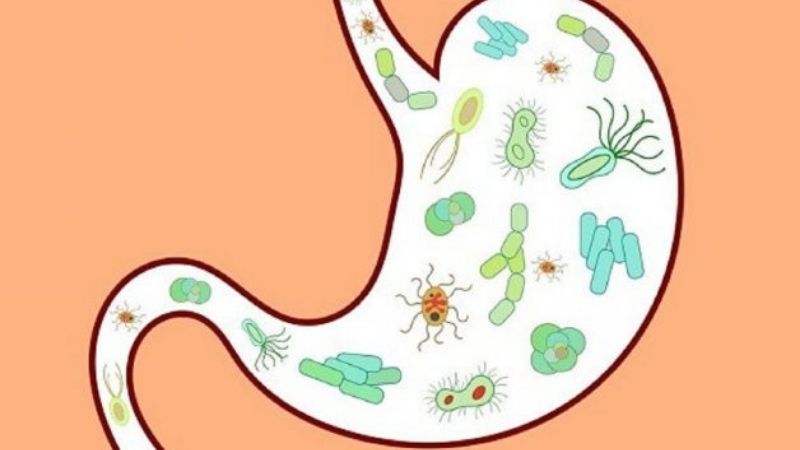 Those with Poor Digestion Should Avoid Chestnuts
Those with Poor Digestion Should Avoid Chestnuts
As shared by traditional medicine expert Bui Hong Minh, chestnuts are predominantly composed of starch and lack . Therefore, excessive consumption can lead to constipation, especially for those with digestive issues.
People with Stomach Ailments
Nutritionists caution that overeating chestnuts can stimulate the production of stomach acids, placing additional strain on the stomach and potentially leading to conditions such as stomach pain, stomach ulcers, and, in severe cases, stomach bleeding.
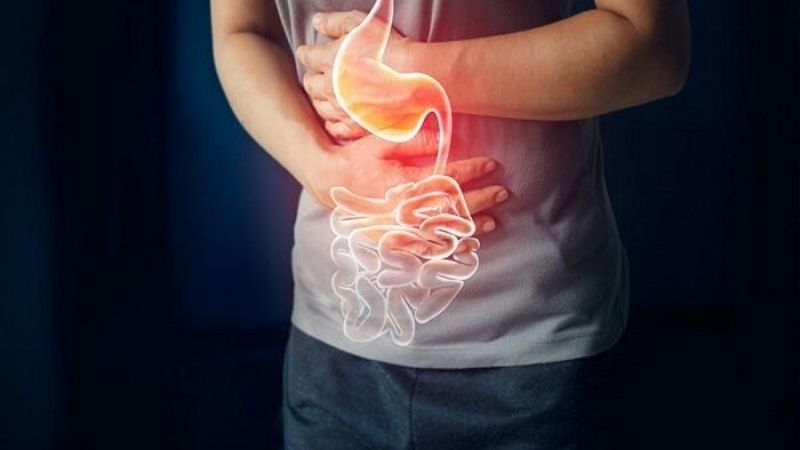 Individuals with Stomach Problems Should Refrain from Eating Chestnuts
Individuals with Stomach Problems Should Refrain from Eating Chestnuts
Before incorporating any new food into your diet, whether for nutritional or cosmetic purposes, it’s always advisable to consult a healthcare professional to ensure it aligns with your specific needs and health status.
We hope you found this information on the benefits and precautions of consuming chestnuts helpful. Thank you for reading.
































